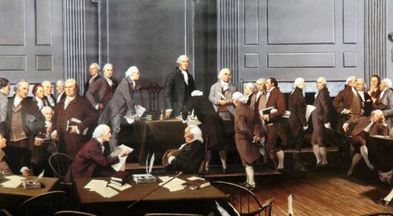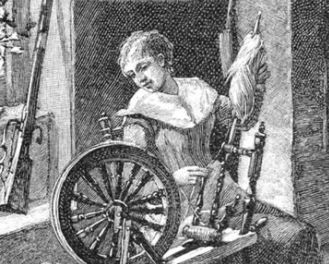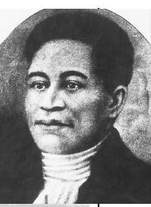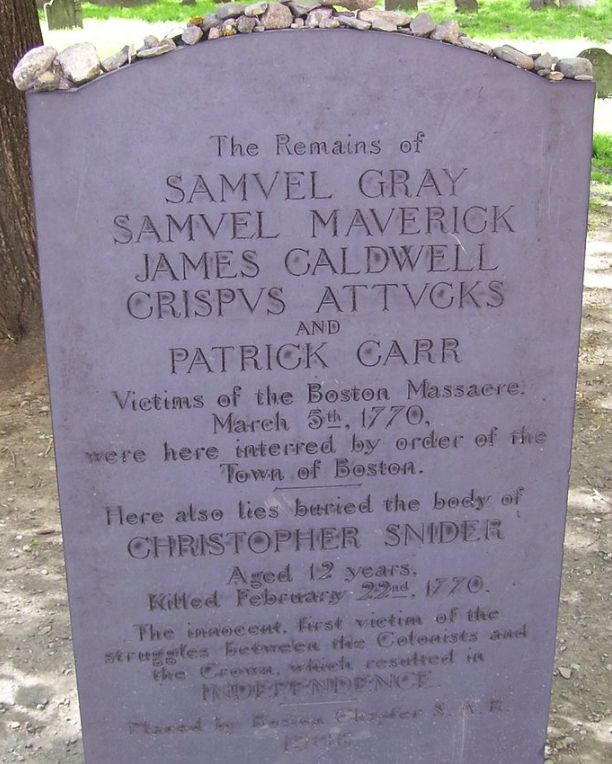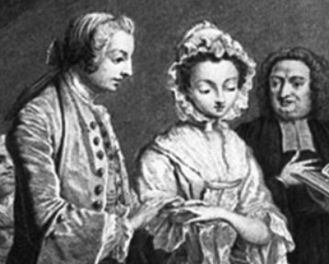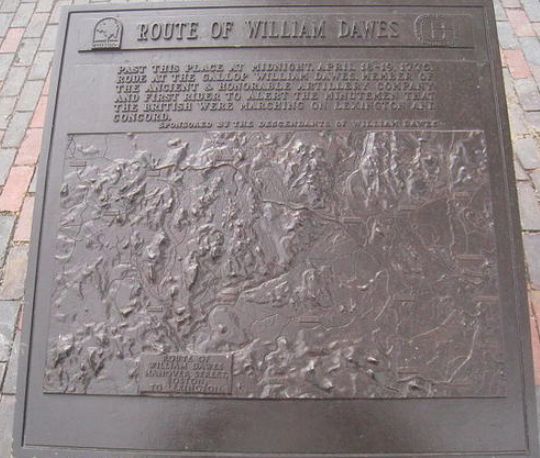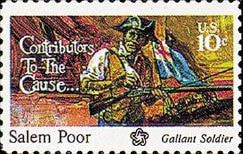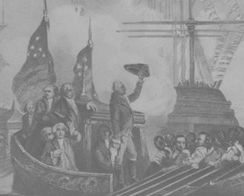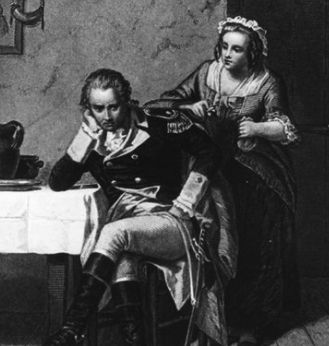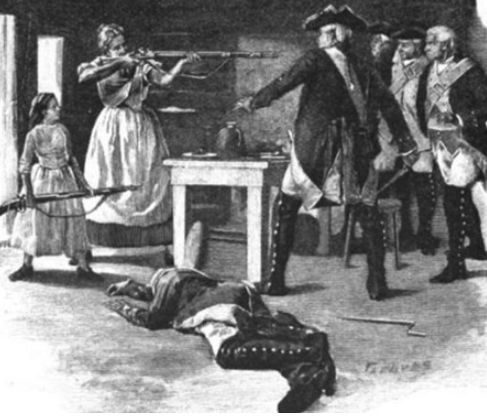This page is under continual updating. Please come back often!
Forgotten Americans
|
DID YOU KNOW - After the signing of the Declaration of Independence, some 241 years ago, the room fell silent? The men lingered in the silence, the weight of what had just transpired on their shoulders. As the reality of what had just occurred took the full weight upon them, they began to weep. Some fell to their knees in praise in adoration to God who had made it all possible. They believed this to be true!They knew what they had done was enormous - what they feared was the future and could it be preserved.
|
During the building of this country, there have been many unknown hero's. I call them hero's because they did what they did for this country asking for nothing in return. We will be presenting some of them here on this page among the better known hero's. Imagine yourself leaving the home you had known your whole life to venture out on a trip you had no idea as to what it would be like. The long trip over hundreds of miles of water, not knowing if your food would last or if some would get sick and die. They did run out of food at times and people certainly got sick and some did die.
They had no idea what would be waiting at the "new" land and Indians were certainly a surprise - some not so friendly. But things progressed. Some stay in the new land where they had landed and others traveled miles and miles creating a new country.
They had no idea what would be waiting at the "new" land and Indians were certainly a surprise - some not so friendly. But things progressed. Some stay in the new land where they had landed and others traveled miles and miles creating a new country.
SALEM POORSalem Poor (1748 - 1802)was an African-American slave who was born in Massachusetts and he purchased his freedom on July 10, 1769, and enlisted in the militia in 1775 opposing the British troops serving under Capt. Benjamin Ames in Col. Jameds Frye's regiment. He rose to fame as a war hero during the American Revolutionary War for his valor and gallantry at the Battle of Bunker Hill prompting 14 officers, including Colonel William Prescott, to cite him for heroism and petition the General Court of Massachusetts
ENOCH FENCHLEYA sailor on a British merchant ship, Enoch Fenchley spied on the British soldiers and warned the American patriots about what the British were going to be wearing at the battle, so as to prevent an embarrassing situation where the two armies were wearing the same outfit.
CORNELIA SIMMONSCornelia Simmons delivered thousands of secret messages between Continental Army generals by whispering them so quietly that the British could not overhear them. The British would listen very intently in the effort to hear what she was saying, but no matter how hard they tried, they couldn’t hear Cornelia’s secret whispers. She was too quiet. |
BETSY ROSSThough Betsy Ross is credited with designing the first American flag, the actual first American flag was designed by a Philadelphia seamstress named Flannery Swift. Flannery’s flag was simple, featuring only the phrase “The good thing about America is that you can say ‘fuck’ here,” but it performed the essential task of uniting the disparate colonies under a common emblem in the early days of the war. CRISPUS ATTUCKSBorn in 1723 near Framingham, MA, Crispus was a sailor and one of the leaders of the Boston Massacre and he was the first American stated to have died fighting in the American Revolution. Five colonists were killed and six were wounded. Attucks took two ricocheted bullets in the chest and was the first to die.Crispus was considered a "Mulattoe" man and little is known of his background. ELIZABETH TOMPKINSThe Continental Army faced a difficult winter at Valley Forge in 1777. Dwindling supplies and harsh temperatures led to the deaths of almost 2,500 Continental Army soldiers. But that number probably would’ve been higher if it weren’t for Elizabeth Tompkins, a Pennsylvanian mother of five who allowed the hypothermic soldiers to sleep huddled near the belly of her large and sweaty husband, Louis.
WILLIAM DAWESThere were two brave men who rode through the night on April 18, 1775, to warn John Hancock and Samuel Adams of possible arrest. After learning that the British were preparing to march on Lexington, Dr. Joseph Warren sent Paul Revere to cross the river in a rowboat while Dawes was responsible for slipping past the British sentries who guarded the land bridge connecting Boston to the rest of Massachusetts. Ultimately, both men made it, with Revere beating Dawes to Lexington by half an hour, so Dawes’ act of equal bravery is often overlooked. |
NANCY HARTA comely, rough-around-the-edges frontierswoman, Hart did everything she could to help the patriot cause while tending to the household during the Revolutionary War. While her husband served in the militia, Hart would often disguise herself as a simpleminded man to infiltrate British camps to gather information. Once, she even shot and killed a British solider in her own home after plying a group of them with wine and stealing their weapons. She held the rest of the group at gunpoint until her husband returned home. |
